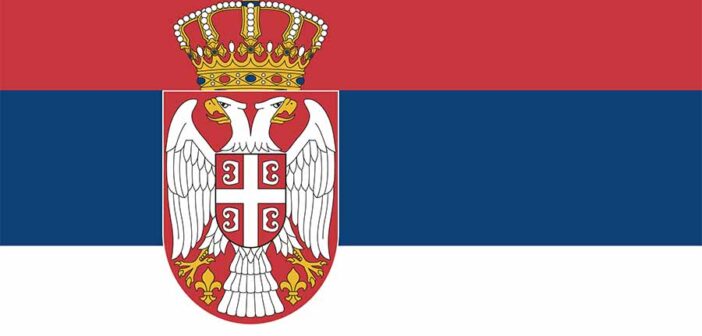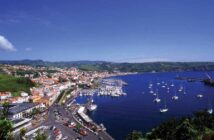- “A Serbian Film” (2010): This controversial horror film directed by Srđan Spasojević takes place in Belgrade, Serbia. It tells the story of a retired porn star who gets entangled in a dark and disturbing underworld.
- “Black Cat, White Cat” (1998): Directed by Emir Kusturica, this comedic drama is set in a small village along the Danube River. It follows the eccentric lives of various characters, involving love, family, and a heist that doesn’t go as planned.
- “Underground” (1995): Another film by Emir Kusturica, “Underground” spans from World War II to the Yugoslav Wars. The movie depicts the underground resistance and chaotic relationships of characters against the backdrop of historical events.
- “Grbavica: The Land of My Dreams” (2006): This drama, directed by Jasmila Žbanić, explores the aftermath of the Bosnian War. Though predominantly set in Bosnia and Herzegovina, a portion of the film takes place in Belgrade, Serbia.
- “The Trap” (2007): Directed by Srdan Golubović, “The Trap” is a gripping drama set in contemporary Serbia. It follows a character named Mladen, who is burdened by crippling debt and makes a life-changing decision.
- “The Bridge on the Drina” by Ivo Andrić: This novel, written by the Nobel laureate Ivo Andrić, tells the story of the Mehmed Paša Sokolović Bridge in Višegrad and the many lives intertwined within its history. It offers a profound exploration of the region’s complex social and cultural dynamics.
- “Dictionary of the Khazars” by Milorad Pavić: This novel is a and inventive work that blurs the boundaries between fiction and reality. It tells the story of the Khazars, a semi-mythical tribe that disappeared from history, through three different versions of a dictionary. Pavić’s novel is a complex puzzle to solve, engaging readers with its fragmented structure and rich storytelling.
- “Hourglass” by Danilo Kiš: This semi-autobiographical novel is a deeply personal exploration of the author’s family history during World War II in Hungary and Serbia. Kiš delves into themes of loss, memory, and the power of storytelling, creating a profound and haunting narrative.
- “Gorski Vijenac” (The Mountain Wreath) by Petar II Petrović-Njegoš: Considered as one of the greatest works of Serbian literature, this epic poem follows the Montenegrin struggle for independence from the Ottoman Empire. It explores themes of honor, sacrifice, and the clash between different belief systems.
- “The Weight of the World” by David Albahari: In this novel, Albahari delves into the themes of identity and displacement. The story follows a writer who becomes obsessed with a box full of photographs, trying to uncover the identity of the person in the pictures. It offers a thought-provoking exploration of memory and the individual’s place in the world.
WANDERLIST: Serbia in books and on film
0
Share.




